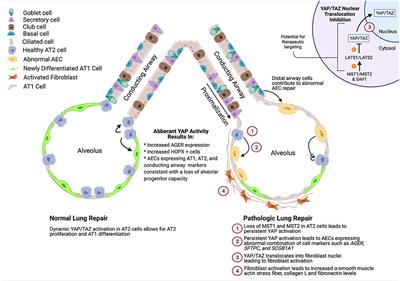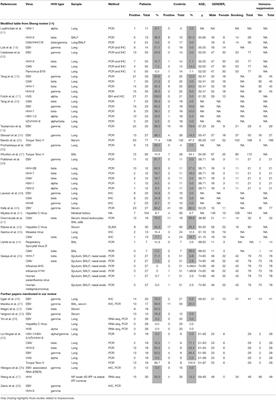EDITORIAL
Published on 18 Nov 2021
Editorial: From Development to Senescence, Bridging the Gap in Lung Fibrosis
doi 10.3389/fmed.2021.798164
- 732 views
- 1 citation
17k
Total downloads
59k
Total views and downloads
You will be redirected to our submission process.
EDITORIAL
Published on 18 Nov 2021
MINI REVIEW
Published on 04 Oct 2021

SYSTEMATIC REVIEW
Published on 22 Jul 2021

REVIEW
Published on 07 May 2021

ORIGINAL RESEARCH
Published on 17 Feb 2021

MINI REVIEW
Published on 16 Dec 2020

MINI REVIEW
Published on 03 Dec 2020

REVIEW
Published on 12 Nov 2020

